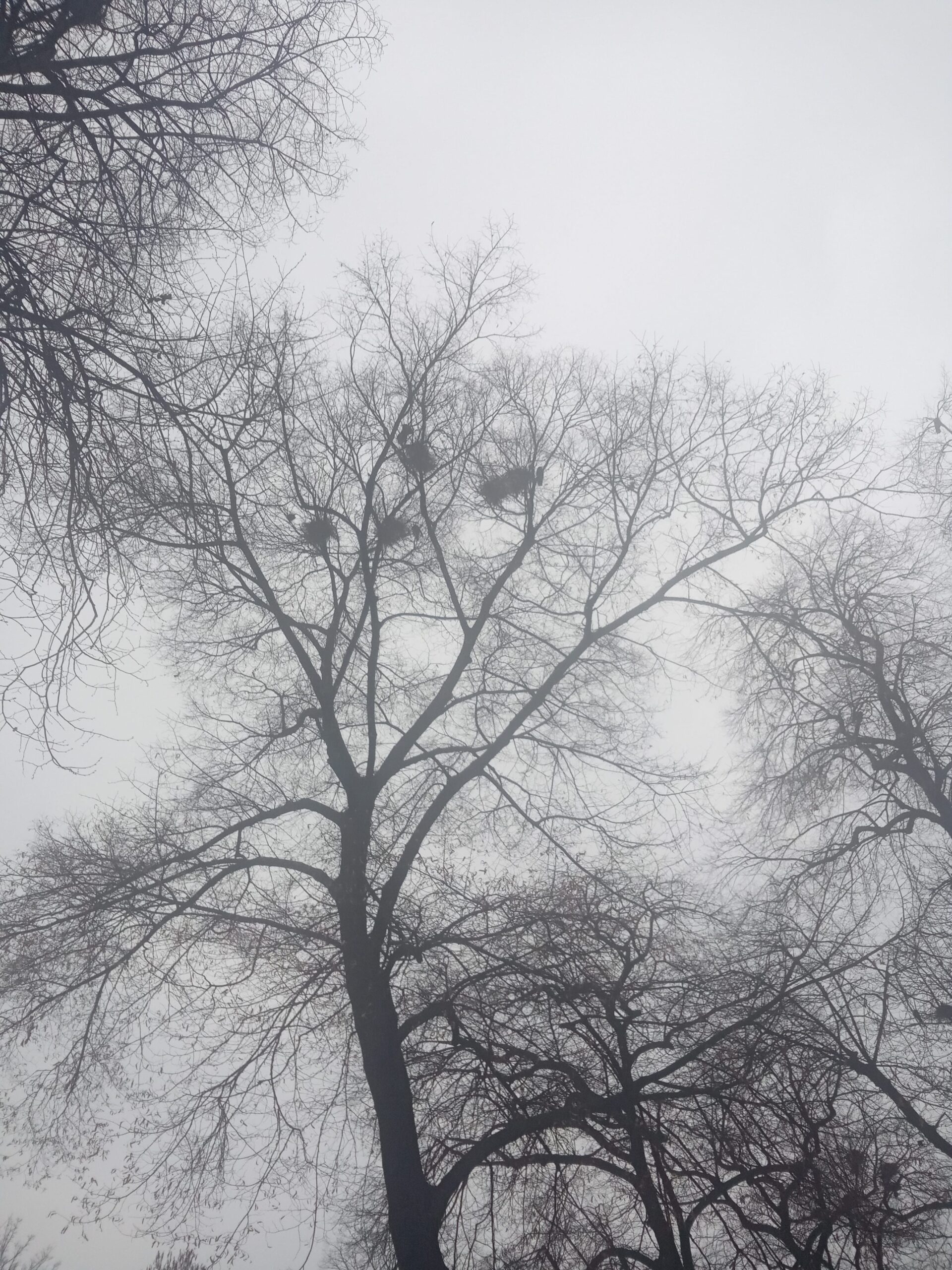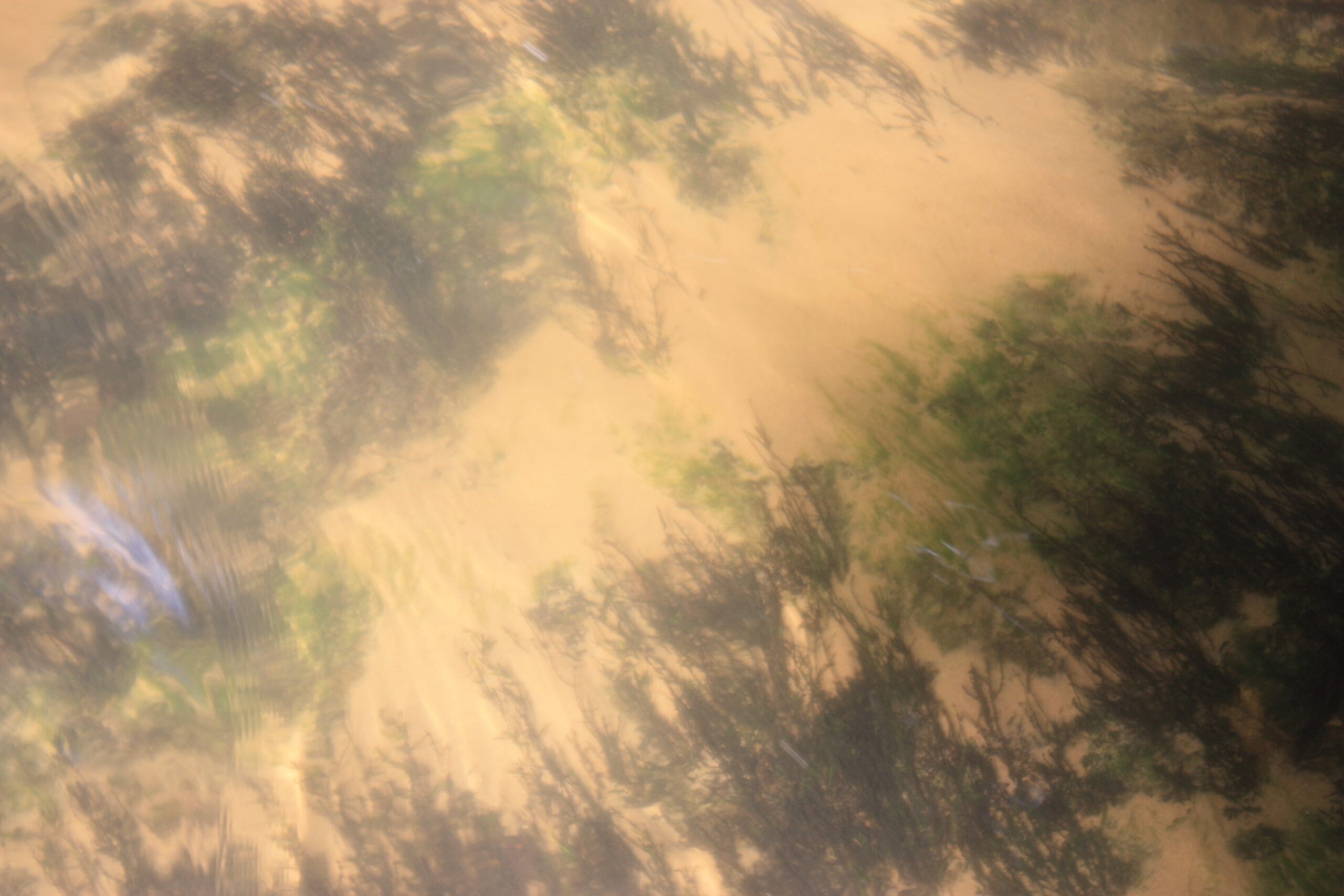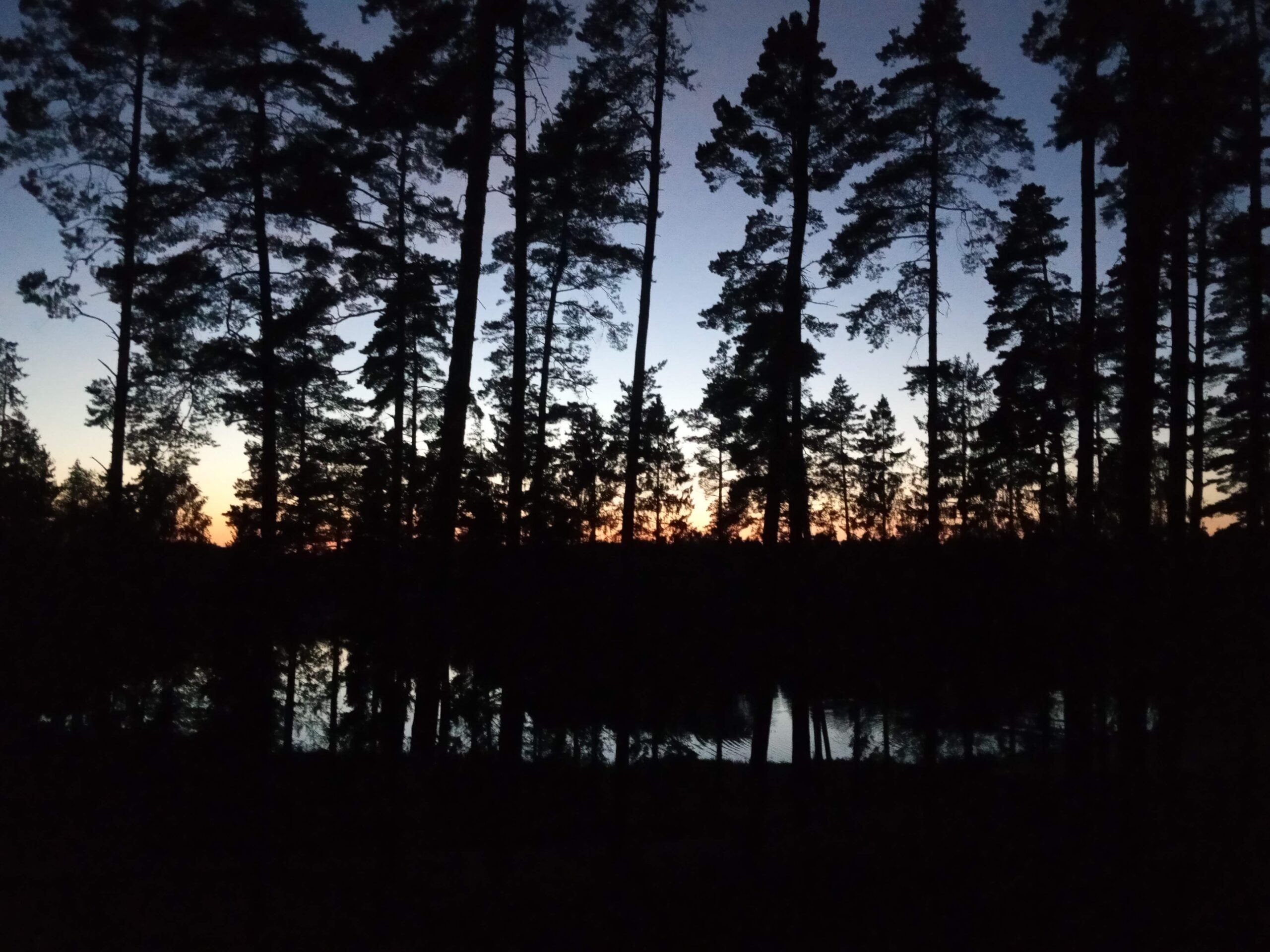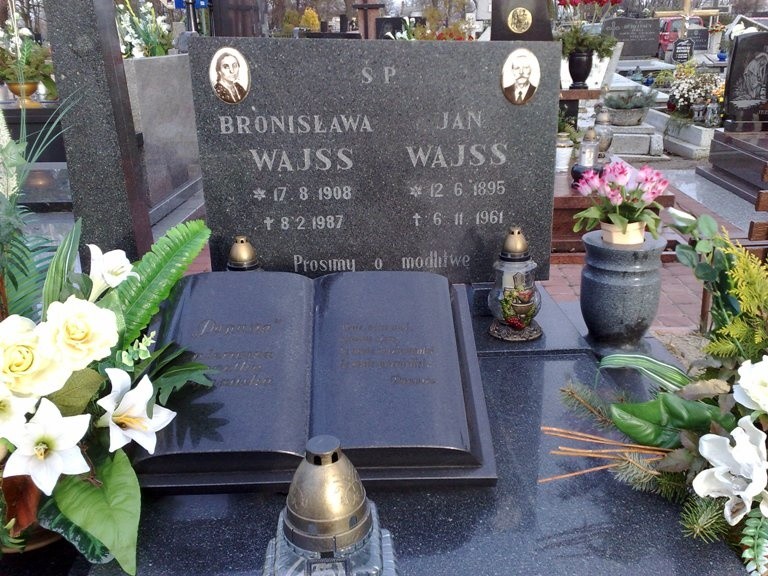Papusza (Broniesława Wajss)
It is a reversed story of forced migration: a story of someone who needed freedom of movement to survive and was made to live in a block of flats.
Unlike most Roma of her time, Papusza (Papoosha) learned to read and write, which was strictly forbidden in Roma culture, especially for women. But Papusza was not about keeping her mind or talent in chains.
Papusza's poems were translated into Polish and published. She paid a very high price for this fame. She was excluded and expelled by her tribe, who considered her a traitor to their secrets.
She was also forced by the state of Poland to settle down, as a result of the law ordering all Roma to quit free traveling.
Nowadays the story of Papusza, a Roma poet, is reinterpreted with the use of her own poems of which only 40 remained and have been translated into several languages.
Her poems give a record of the life she lived on the road, in very close connection with nature: the woods, the fire, the sky, and the moon.
The gosts
A Gypsy poet, born in Lublin, the exact date of her birth is unknown. Various sources contain information that she was born in 1909, 1919, or 1908.
Her mother was Katarzyna Zielińska, and her father died in Siberia around 1914. Papusza’s mother remarried Jan Wajss (1895-1961).
Her future was decided on the third night after her birth. Gypsies say that then a ghost appeared. It enumerated the good that would happen to her, and the evil that she would survive. The child’s mother was expecting the visit, but was afraid, so that night an old Gypsy woman was with her. They could not repeat the words of the spirit to anyone.
They only whispered to each other: “She will either be great pride or great shame.”
Because of this beauty, they called the girl Papusza, which means “doll” in Gypsy.
[Angelika Kuźniak, “Papusza”, Czarne Publishing House, Wołowiec 2013]
Papusza:
My mom called me “lalunia”. And I was healthy, such hands, such breasts! I was thin. That face so red, hair large, like some heiress, I was braiding it. (She won’t cut it for the rest of her life.) I liked to dance, and sing, I was very happy. Always in a cherry-coloured flower skirt, nimble as wood shavings, despite being black.
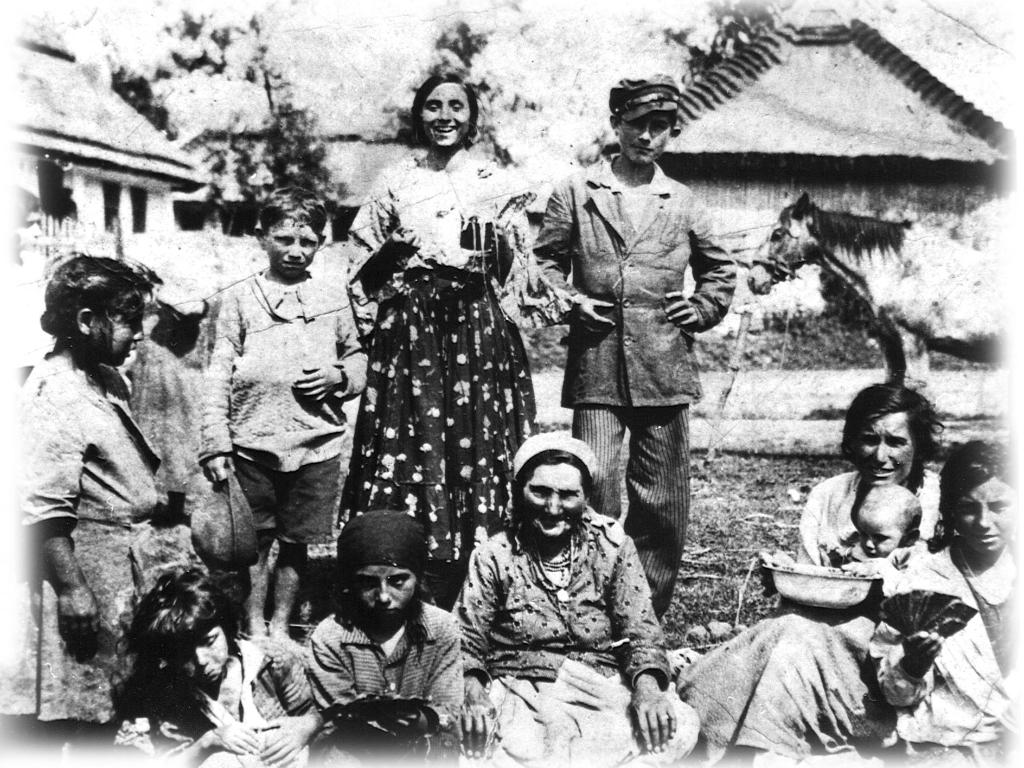
Papusza in the tribe, Archives of the Ethnographic Museum in Tarnów
Marriage
At the age of 16, Papusza was married to the harper, Dionizy Wajs (died in 1972), her stepfather’s brother, who was 24 years older than she was.
And thus, Papusza joined one of the traditional Gypsy music groups that traveled around Wołyń, Podolia, and the Vilnius region.
Some records say she never loved her husband, but she lived with him all her life.
They had no children, although after World War II they raised a military orphan named Władysław, who was called Tarzanio.
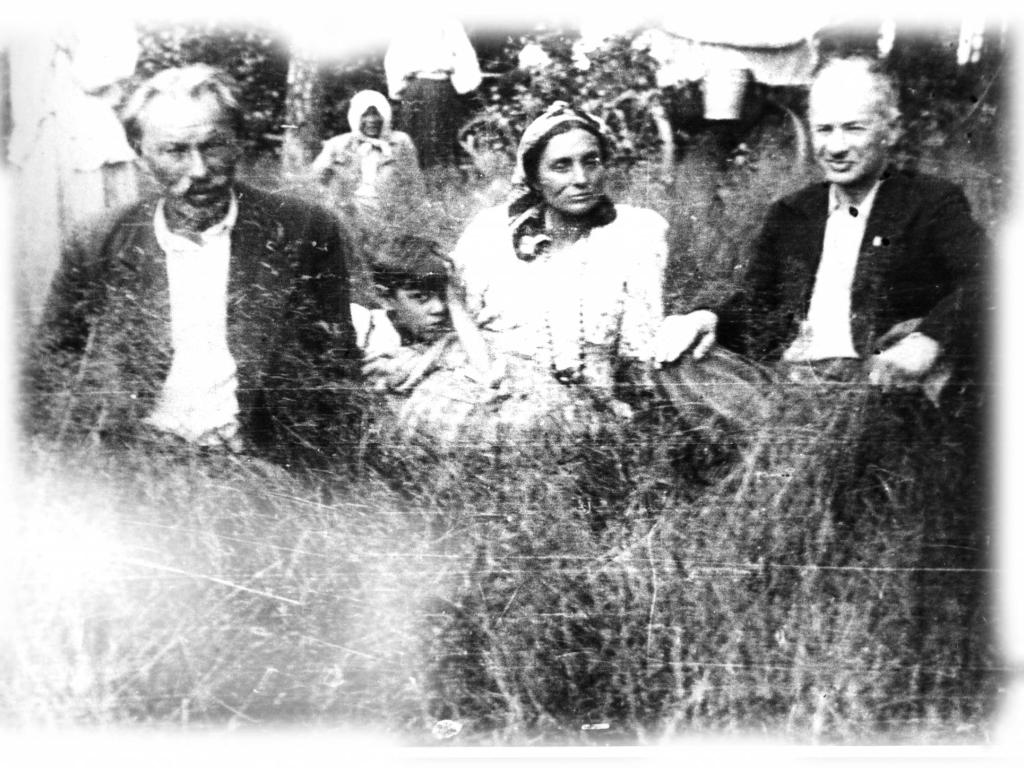
Papusza with her husband, Archives of the Ethnographic Museum in Tarnów
First publication
Her debut was a poem, translated from Romani in the publication Nowa Kultura in 1951.
The first translated drafts were sent to Julian Tuwim who in turn contributed to its publishing:
I look here, I look there
(Dikchaw daj, dikchaw doj)
I look here, I look there –
in the warm water the Moon bathes,
Like in the forest stream
A young Romany
What’s going on
Everything wobbles
That’s the world laughing.
Rolling stock
Most likely, being in the music band had a huge impact on her closer interest in Gypsy songs.
Before World War II, it belonged to the rolling stock and during the war they hid in the forests of Wołyń.
The experiences from this period are described in the Papusza’s poem “Bloody Tears”.
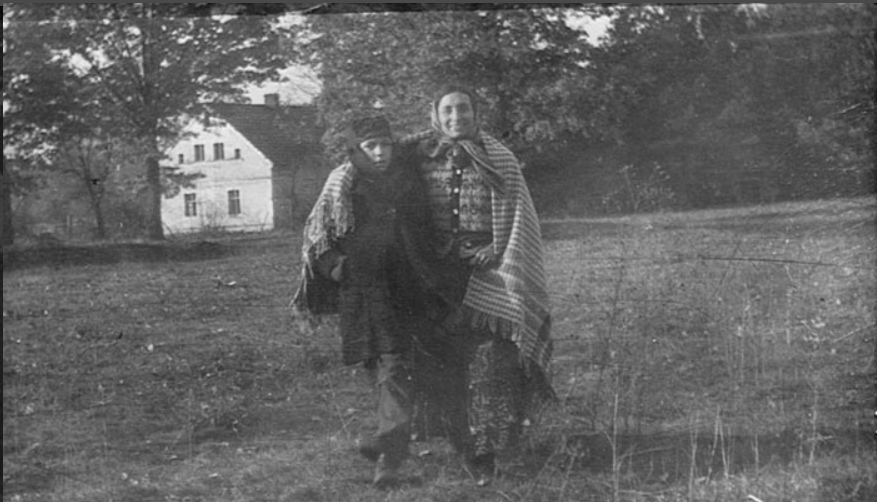
Papusza with her son Tarzan. Archives of the Ethnographic Museum in Tarnów
Forest is my father
Papusza:
Vesho dadoro mio
(Deep dark forest)
O deep dark forest
You are my father, I know.
You brought me up,
Later you left me.
Your leaves tremble
And I tremble, too.
You sing and I sing.
You laugh and I laugh.
You have never forgotten
And I remember, too.
Dear God, where shall I go?
What shall I do, where shall I find
Fables and songs?
I don’t go to the forest any more.
I don’t go to the meetings with the river.
O deep dark forest
You are my father
I know.
Immortality and falorykta
The unique fact about Papusza’s biography is that she has immortalized her works in writing, in contrast to most of the artistic activity of the Gypsies, which usually remains only an oral tradition.
Her works have been translated and published twice.
In her poems, she conveyed the pain and longing of the Gypsies for the lost way of life associated with wandering.
In the Gypsy environment, she was considered a traitor due to her cooperation with the non-Cygan environment and was excluded and expelled by her tribe. It is named “falorykta”, “the curse” in the Roma language.
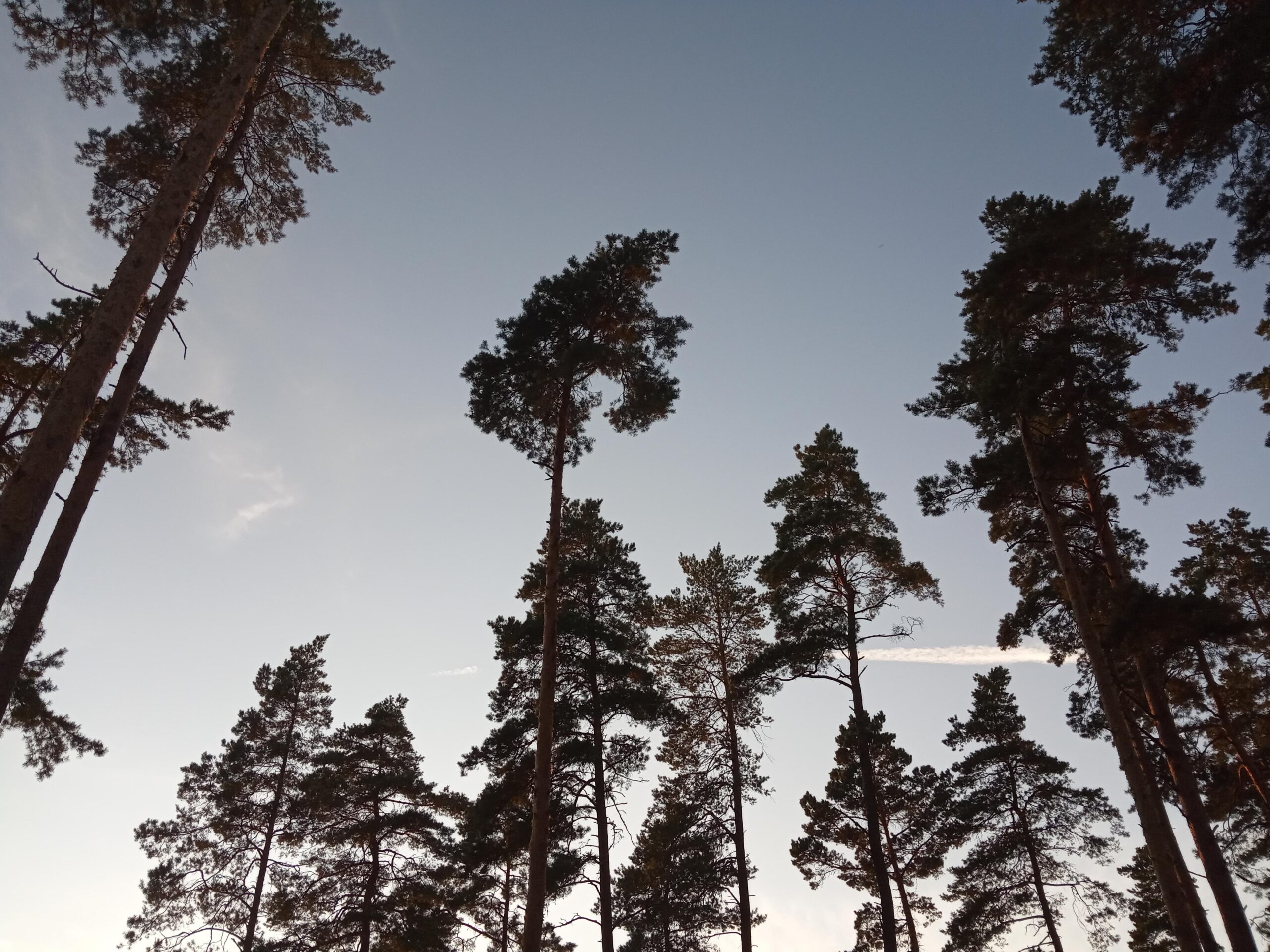
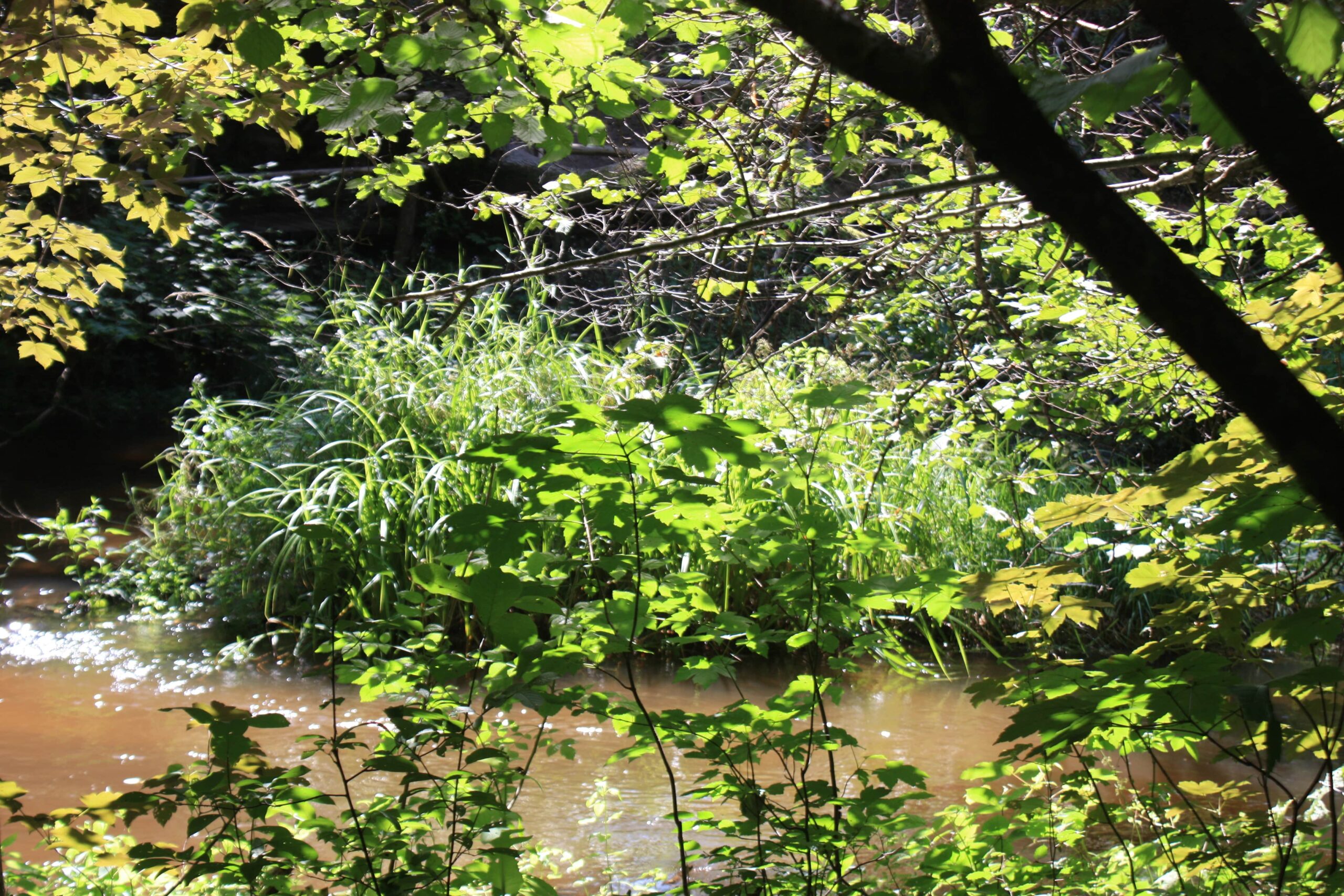
In the cage
From 1953 onwards, she lived permanently in Gorzów Wielkopolski.
The heyday of her work took place around 1950 when the wandering lifestyle was abandoned by the gypsy community in Poland.
Her artistic activity is a testimony to the dramatic experiences that have become the experience of this community.
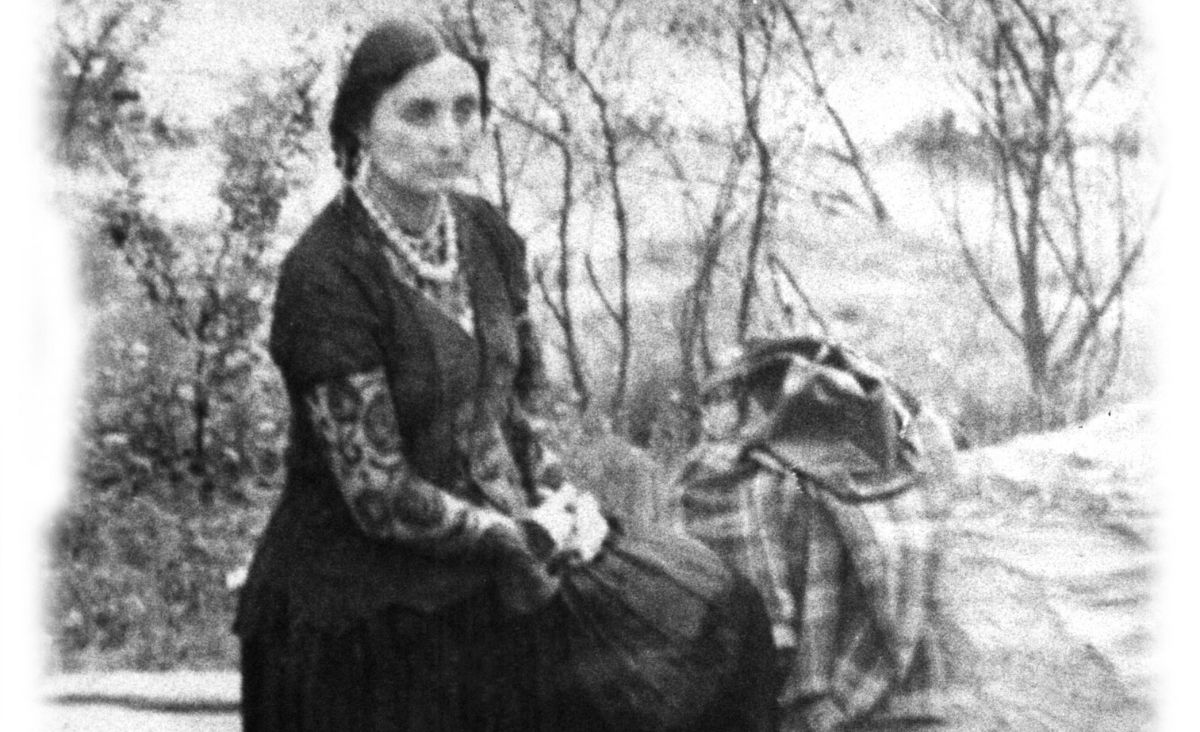
Papusza all alone, Archives of the Ethnographic Museum in Tarnów
Water that always wanders
Papusza:
Water that always wanders
Long gone are the times
When Gypsies wandered around,
But I still see them.
They are like running water
Always running away.
You can only guess
What she would like to say.
Poor water has no speech
With which she could talk or sing,
Only sometimes she whispers
A silver splash like a heartbeat.
A heartbeat of speaking water.
Only a horse on a meadow
Not far the stables
Hears her and understands.
Water looks not at the horse,
Always running away.
No eyes could ever pin down
Water that always wanders.
Life after freedom
From 1962, Papusza belonged to the Polish Writers’ Union. Her poems have been translated into German, English, French, Spanish, Swedish and Italian.
Excluded from the gypsy community, she lived outside it for over 30 years.
She published her last few poems in 1970.
Much of what she wrote earlier was burnt together with letters from friends.
